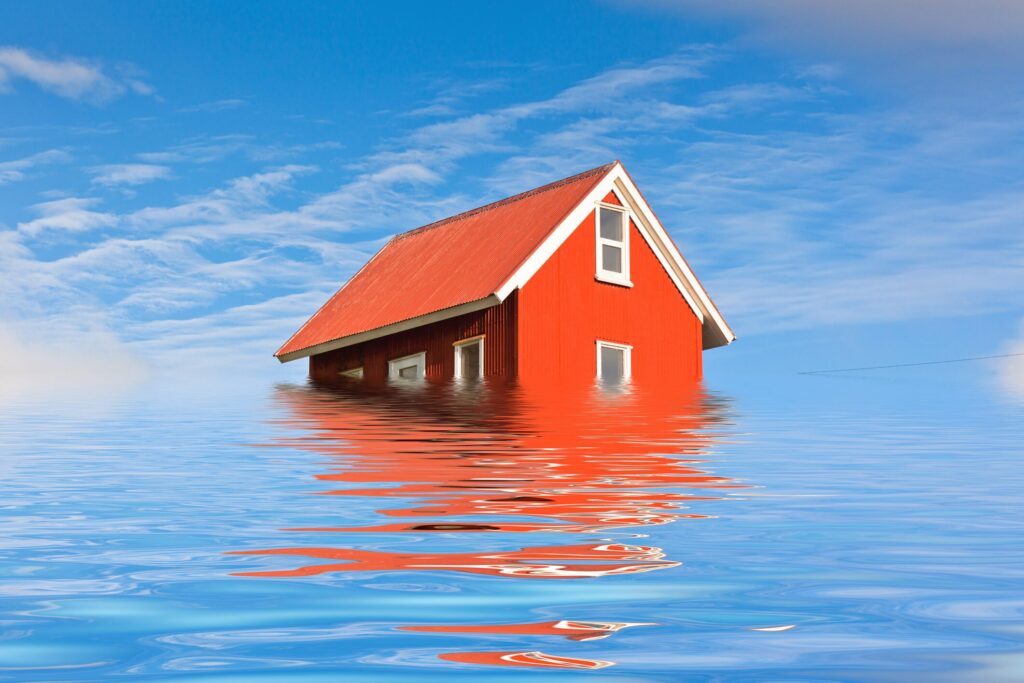Why Is Flood Insurance Important?

Flood insurance is a crucial component of financial protection for homeowners and businesses, especially in areas prone to flooding. While many people may not consider it until disaster strikes, understanding the importance of flood insurance can save you from devastating financial loss and provide peace of mind. This comprehensive exploration will cover why flood insurance is vital, the risks of not having it, and how it supports recovery efforts post-flood.
Understanding Flood Insurance
Flood insurance is a specialized policy designed to cover damages and losses specifically caused by flooding. Standard homeowners or renters insurance policies typically do not cover flood-related damages, making flood insurance an essential addition for those at risk. These policies are usually offered through the National Flood Insurance Program (NFIP) in the United States or private insurers.
Why Flood Insurance is Essential
1. Financial Protection Against Natural Disasters
Floods are among the most common and costly natural disasters. They can occur anywhere, often without warning, and can result in extensive damage to properties. Flood insurance provides financial protection against these damages, covering the costs of repairs or rebuilding. Without flood insurance, homeowners and businesses must bear these costs out-of-pocket, which can be financially devastating.
2. Coverage Beyond Homeowners Insurance
As mentioned, standard homeowners insurance policies do not cover flood damage. This exclusion leaves a significant gap in protection for property owners. Flood insurance fills this gap, ensuring that damages from rising water, heavy rain, storm surges, and overflowing rivers are covered. This specialized coverage is essential for comprehensive protection of your property.
3. Compliance with Mortgage Requirements
For properties located in high-risk flood zones, mortgage lenders often require flood insurance as a condition for loan approval. This requirement is designed to protect the lender’s investment in the property, ensuring that it can be repaired or rebuilt in the event of a flood. Without flood insurance, property owners may not qualify for mortgages or may face higher borrowing costs.
4. Protecting Personal Belongings
Flood insurance not only covers structural damage to your home or business but also provides coverage for personal belongings and contents. This includes furniture, electronics, clothing, and other valuable items. Replacing these items out-of-pocket can be extremely costly, making flood insurance a vital safeguard for your possessions.
The Risks of Not Having Flood Insurance
1. High Out-of-Pocket Costs
Without flood insurance, the financial burden of repairing or rebuilding after a flood falls entirely on the property owner. Flood damage can run into tens or even hundreds of thousands of dollars, depending on the severity of the flood and the extent of the damage. Many homeowners and businesses cannot afford these costs without insurance assistance.
2. Inadequate Federal Aid
While federal disaster assistance is available through agencies like FEMA, it is not a substitute for insurance. Federal aid often comes in the form of low-interest loans that must be repaid, adding to the financial strain. Grants are typically limited and may not cover the full extent of the damage. Flood insurance provides more comprehensive and reliable financial support.
3. Increased Vulnerability to Future Floods
Without flood insurance, recovering from a flood is more challenging, which can leave properties in a weakened state and more vulnerable to future floods. Insurance helps ensure that repairs and rebuilding are done properly and promptly, reducing the risk of further damage in subsequent floods.
Supporting Recovery Efforts
1. Quick Access to Funds
Flood insurance policies provide faster access to funds needed for repairs and rebuilding compared to federal aid. Once a claim is filed and processed, policyholders can receive their payouts promptly, enabling quicker recovery and reducing the time spent in temporary housing or disrupted business operations.
2. Stabilizing Communities
Flood insurance plays a crucial role in stabilizing communities after a disaster. When property owners have the means to rebuild quickly, it helps restore the local economy and community infrastructure. This stabilization is essential for the long-term recovery and resilience of flood-prone areas.
3. Encouraging Risk Mitigation
Having flood insurance can also encourage property owners to take preventive measures to reduce flood risk. Many insurers offer incentives for implementing flood mitigation efforts, such as elevating buildings, installing flood barriers, or improving drainage systems. These measures can lower premiums and reduce the potential for future damage.
Additional Considerations
Understanding Your Risk
It’s important for property owners to understand their flood risk. This involves researching the flood history of the area, understanding flood maps, and considering both current and future risk factors, such as climate change and urban development. Knowing your risk helps in making informed decisions about purchasing flood insurance.
Policy Details and Limits
Not all flood insurance policies are the same. Coverage limits, exclusions, and deductibles can vary significantly. It’s essential to thoroughly review and understand the details of a flood insurance policy to ensure it meets your needs. Consulting with an insurance agent can help clarify any questions and tailor the coverage to your specific situation.
Conclusion
Flood insurance is a critical aspect of comprehensive property protection, especially for those in flood-prone areas. It offers financial protection, ensures compliance with mortgage requirements, covers personal belongings, and supports quicker recovery efforts post-disaster. The risks of not having flood insurance—high out-of-pocket costs, inadequate federal aid, and increased vulnerability—underscore its importance. By understanding your flood risk and carefully selecting a suitable policy, you can safeguard your home or business against the unpredictable and often devastating effects of floods.